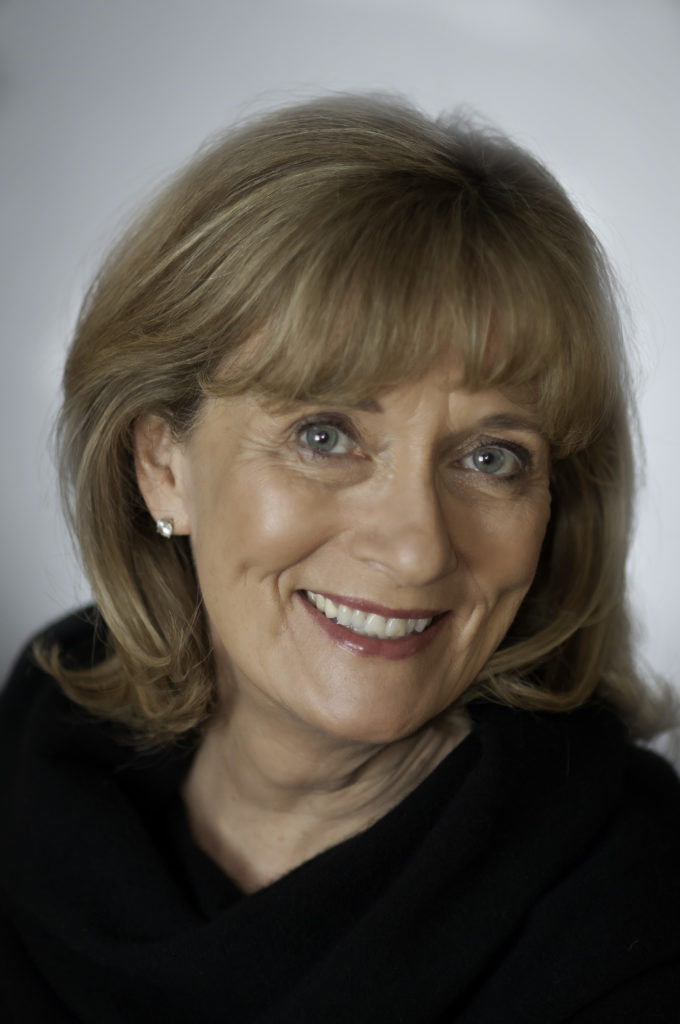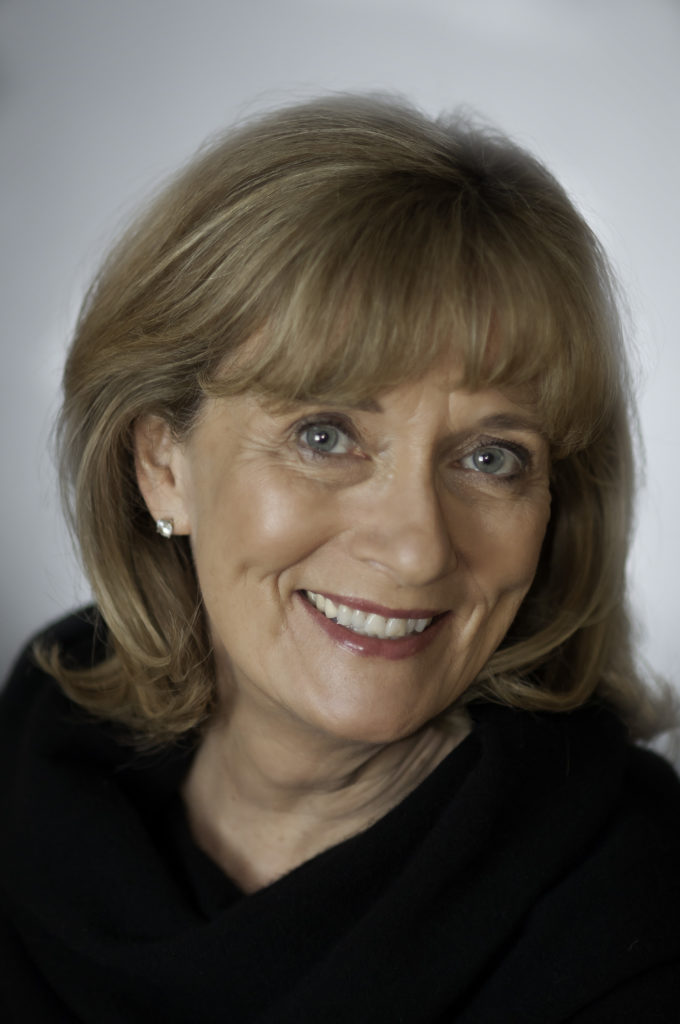Editor’s note: Home Sweet Home is a regular feature appearing in McKnight’s Home Care Daily. The story focuses on a heartwarming, entertaining or quirky happening affecting the world of home care. If you have a topic that might be worthy of the spotlight in Home Sweet Home, please email Diane Eastabrook at diane.eastabrook@mcknights.com.
Springpoint Choice, of Plainsboro Township, NJ, a continuing care at home program, honors Pride Month year-round, not just in June.
Recently, it became one of the first such programs to earn the Platinum SAGECare LGBT Aging Cultural Competency Credential.

“It was very thorough [and] gives a lot about the history of LGBTQ communities, the nomenclature from the past and from the present going forward,” Cecily Laidman, executive director of Springpoint Choice, which has 300 members in New Jersey and Delaware, told McKnight’s Home Care Daily.
With homophobia and prejudice a challenge in the senior living environment, Springpoint Choice made it a point to formally educate employees about the LGBT community in order to better serve them. Its operator Springpoint, a senior living provider in the mid-Atlantic region, chose to have Springpoint Choice spearhead the training, with the goal of having all of the organization’s senior living communities eventually follow suit.
According to Laidman, all of her employees took the online training prior to the live training provided by SAGE. As part of the training, attendees heard from a variety of LGBTQ older adults, including those of color, those from rural areas, those of varying economic status and those who either came out at a young age or later. The training also included how to respond to bias behavior, an overview of federal protections and new vocabulary.
There are some other 30+ continuing care at home programs throughout the country, Laidman noted. Such organizations may want to consider undergoing this training, as many in the LGBTQ community wish to stay in their homes for fear of intolerant attitudes in congregate settings, she said.
“They are very fearful of prejudicial situations that can happen if people aren’t aware or educated,” she said. “[It’s] not a very diverse population in many of the CCRCs for a number of reasons, but especially with the LGBTQ community. It’s a little more challenging for individuals with that background to be able to go into a community, so our program [has] attracted many of the LGBTQ community because they really want to stay at home.”
Laidman is hopeful that some of this prejudice will dissipate with the younger generations, remarking that they are “more open and cognizant.”
She is proud to be a part of an organization that is so dedicated to remedying issues and challenges that the LGBTQ community faces, rather than simply sweeping them under the rug. “I love the fact that the younger generation now, whether you’re in high school or college, it’s like a second nature kind of thing … I think it’s really, really changed,” Laidman remarked. “We can mitigate now and not have any of those very comfortable situations.”

